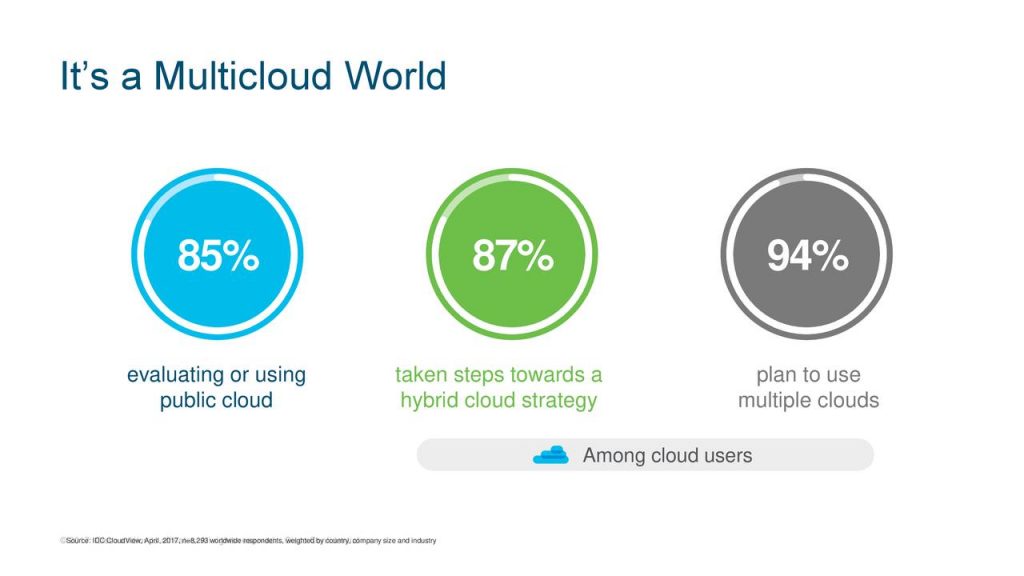AI – A Continuum
Adoption of AI is a part of a continuous journey for an organization. It is a future state of investment beyond the development of advanced technologies
By Neuron
To date, only a hand full of companies have genuinely leveraged the power of artificial intelligence. The rise of artificial intelligence (AI) to few is an industry fad, and to others, the developments in AI spark a fascination and excitement for the possibilities limited only by one’s imagination.
Even with the emergence of AI frameworks like TensorFlow or OpenAI, artificial intelligence still requires in-depth knowledge and understanding compared to a mainstream web developer. As per our study in this area, only a fraction of these companies (10 percent) has tried to leverage AI across the enterprise. Amongst these are a subset of few (less than 50%) that are power users and a lot less (25%) who have tested AI to a limited extent. Many companies have yet to adopt AI and realize its full set of benefits.
Adoption of AI is not a standalone task. It is a part of a continuous journey for an organization.
It may as well be considered a future state of investment beyond the development of advanced technologies.

In particular, we notice companies succeeding in artificial intelligence have a strong footprint on the following technologies:
- Mobile and Web applications
- Cloud computing technologies
- Clearly outlined Multicloud strategy
- Big data architecture and analytics
- BI teams focussed on futuristic goals and predictions
In our experience, organizations with strong roots in these areas tend to adopt AI much faster and align themselves faster towards future goals and business growth. AI to its core depends on a substantial chunk of knowledge that an enterprise masters over a length of time.
We at Synapse work with our customers in many ways to create a forward-looking AI approach. For us, it is a work in progress as it is with our customers.
In our experience, there are three key benefits that AI brings to the enterprise:
- Flexibility in Data management: Ability to proactively curate outcomes especially in customer service and healthcare data is a great time saver.
- Operational excellence and security: When it comes to operating large-scale platforms and security, the ability to help proactively ward off security risks or unwanted downtime helps offset operational pain-points.
- Talent cross-training: With substantial automation, there is better alignment and cross-training of resources to carry out more impactful tasks, that matter to the organizational bottom-line.
Organizations that have a strong base in digital capabilities will benefit since they can move more quickly to adopt AI. Companies with a less favorable digital foundation might need to line up new talent and rev up their digital transformation efforts.
